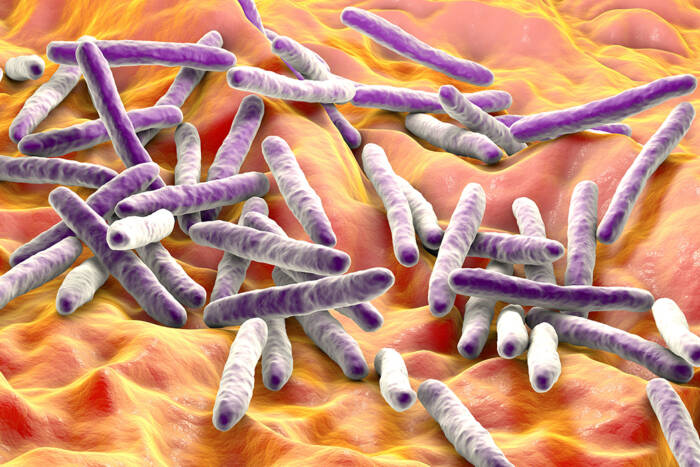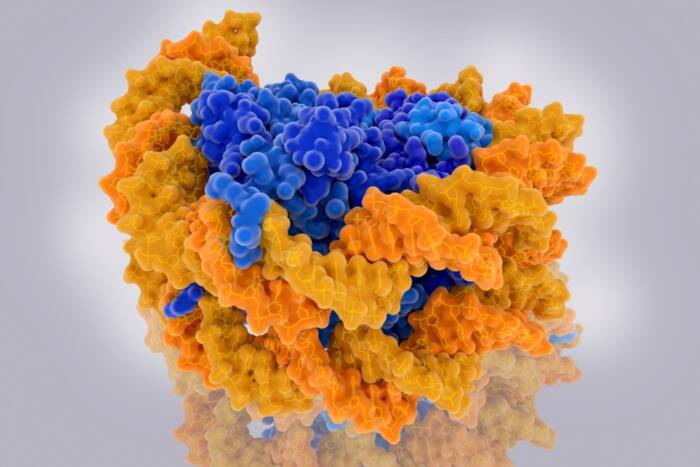Rudy Bellani receives this year's David Rockefeller Fellowship
by TALLEY HENNING BROWN
 When Rudy Bellani filled out only one application for graduate school — to Rockefeller University — his advisers told him he was crazy. “Hundreds of applicants vying for some 20 spots, and me with no backup plan,” says Mr. Bellani. “But my advisers were Rockefeller alumni, so they understood my desire to come here.” Accepted into the entering class of 2005, he hasn’t looked back since. Now a third-year student and a member of Fernando Nottebohm’s Laboratory of Animal Behavior, Mr. Bellani is also the recipient of this year’s David Rockefeller Fellowship.
When Rudy Bellani filled out only one application for graduate school — to Rockefeller University — his advisers told him he was crazy. “Hundreds of applicants vying for some 20 spots, and me with no backup plan,” says Mr. Bellani. “But my advisers were Rockefeller alumni, so they understood my desire to come here.” Accepted into the entering class of 2005, he hasn’t looked back since. Now a third-year student and a member of Fernando Nottebohm’s Laboratory of Animal Behavior, Mr. Bellani is also the recipient of this year’s David Rockefeller Fellowship.
Laboratory research was not Mr. Bellani’s original career ambition. Born in Bolivia to a family of lawyers and writers, Mr. Bellani grew up in South America and Arizona and originally set his sights on medicine. He attended Arizona State University, where he earned a B.S. in 2005, majoring in psychology and minoring in biology. It was a summer research position in 2004 — intended to bolster his resume for medical school applications — that turned Mr. Bellani irrevocably toward lab science. “What makes a good doctor is the ability to deduce things within already-defined parameters,” he says. “What makes a good researcher, as I discovered that summer, is originality.”
During a trip to New York City in 2004, one of his advisers at Arizona State, Cheryl Conrad, set up a meeting for him with Bruce McEwen, in whose lab she had once been a postdoc. Dr. McEwen recommended that Mr. Bellani apply to Rockefeller’s Summer Undergraduate Research Fellowship program. Mr. Bellani spent that summer in the McEwen lab, studying the development of the stress response in juvenile rats with then-postdoc Russ Romeo. He also did research with Robert Sapolsky, another Rockefeller alumnus, at Stanford University. “He really became the model of the kind of scientist I wanted to be,” Mr. Bellani says.
Eager to get a head start on graduate research, Mr. Bellani arrived at Rockefeller in July of 2005, before student housing was available. His 10-week stint living in the McEwen laboratory resulted in the first of many articles he has written for the student-run newsletter Natural Selections. Aside from rotations in the labs of Dr. McEwen, Jeffrey Friedman, Nathaniel Heintz and Sidney Strickland, Mr. Bellani took a neuroscience course at the Marine Biological Laboratory in Woods Hole, Massachusetts, and “I fell in love with brain asymmetry,” he says. Dr. Nottebohm — who discovered in the 1970s that canaries sing with the left cerebral hemisphere — seemed an obvious match.
Mr. Bellani joined the Nottebohm lab in early 2007 and currently studies the development of brain asymmetry at the molecular and genetic level. “We know that in humans, a great number of brain functions are lateralized — for example, language, moral processing and even face processing,” he says. “We don’t know why the brain works this way, but it’s unbelievably fascinating. The morphology of the brain in disorders like schizophrenia and autism, for example, is always either more lateralized or less lateralized, which makes it all the more compelling.” He is also collaborating with Tao Sun, an assistant professor at Weill Cornell Medical College who specializes in asymmetrical brain patterning and neural stem cell development.
Mr. Bellani is hoping to spread some of his enthusiasm to younger students as well. In a two-week course developed with support from the Dean’s Office and scheduled for August, Mr. Bellani and other graduate students will teach the basics of neuroscience to 8 to 10 bright — but not necessarily science-oriented — high school students. “Science curriculums aren’t usually aimed at getting kids excited, and that leads a lot of students to think they don’t like science or, worse, don’t have a natural aptitude for it,” he says.
Though he knew that Dr. Nottebohm had nominated him for the David Rockefeller Fellowship, Mr. Bellani was surprised when he got a call this spring summoning him to the office of Dean Strickland. “I was mortified. I’d never been called to the principal’s office before,” he says. “I was so relieved when I found out what it was really about.”
“The David Rockefeller Fellowship was established to honor creative scientists who also make significant contributions to the campus in other ways. Rudy’s lofty scientific goals and outreach activities make him a perfect fit for this award,” says Dr. Strickland.
Mr. Bellani is earmarking the $3,000 prize toward, among other things, his United States citizenship application. “I’m deeply humbled and honored,” he says. “And I’m glad that I was so stubborn about wanting to study at Rockefeller.”


